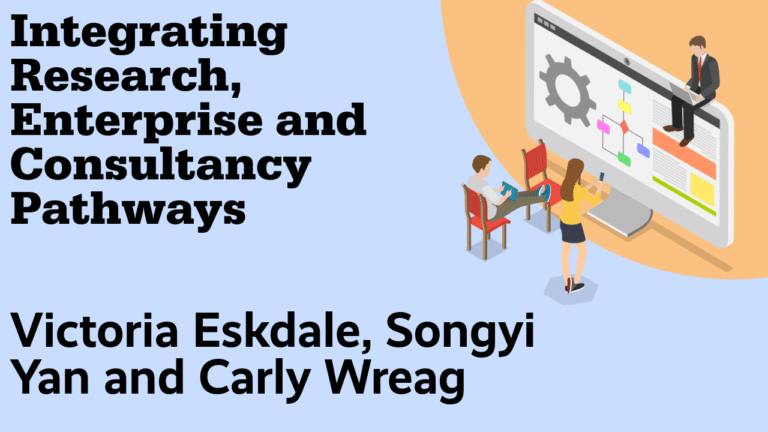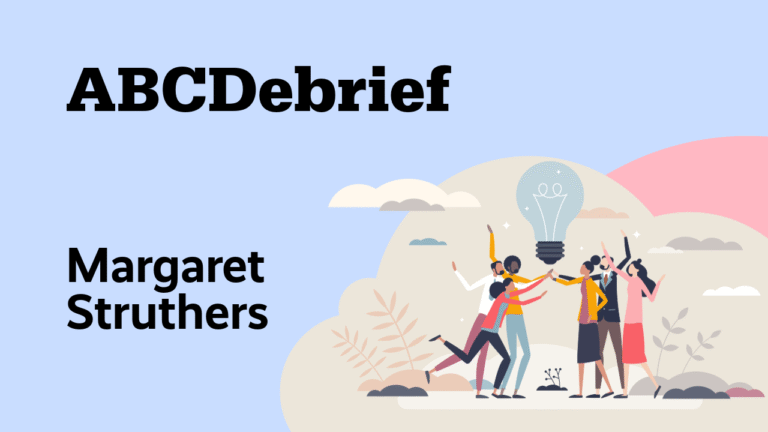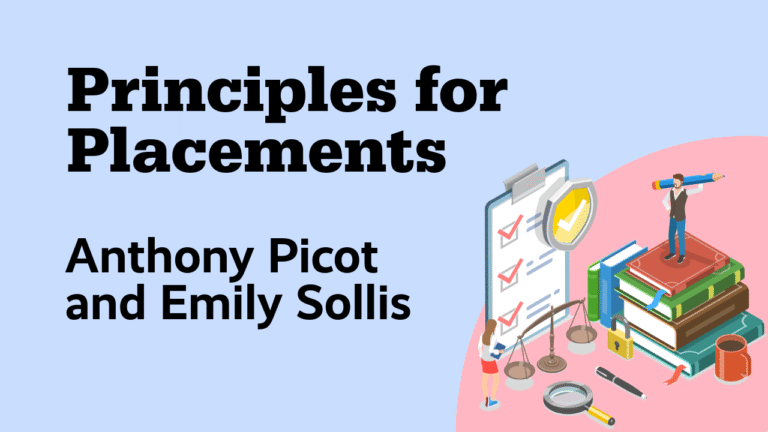Immersive Project-Based Learning Within History, Politics, International Relations, and Philosophy
Keith Crome: Director or Programmes; Lisa Gold: Senior Lecturer
Dr Keith Crome, Faculty of Arts and Humanities
Manchester Metropolitan University
Overview:
Engaging the Humanities is a 15-credit, Level 5 unit at Manchester Metropolitan University. Initially optional for all Humanities students, in 2023-24 it underwent a radical revision in terms of scope, scale and pedagogic vision, becoming compulsory for History, Politics, International Relations, and Philosophy students, while remaining optional for English students. The unit, delivered over 11 weeks in the Spring Semester, saw 164 students enrolled in 2024.
The unit was designed to provide a genuinely interdisciplinary learning experience. Alumni feedback indicated that a failure to appreciate how their disciplinary skills fitted with those from other fields was a significant obstacle to accessing graduate employment. Therefore, we adopted a radical interdisciplinary focus — not just providing students with interdisciplinary perspectives on a topic, but requiring them to work in interdisciplinary groups on the unit.
Teaching shifted from traditional lecture-based approach to immersive, project-based learning. Initially the unit offered optional individual engagement projects. This model was effective, but as an optional unit it primarily attracted employability-confident students. In 2023-24, the unit was redesigned to ensure it included socially and/or demographically disadvantaged cohorts who are often hampered by a lack of confidence. We created a model of immersive, experimental and playful project-based learning, providing a level playing field for all students. Collaboration with our Faculty Careers Team, University Library Services and Technical Services teams, and several outside organisations (e.g. DEFRA, the National Archives, Manchester Histories) led to the co-development of live, worked-informed, project-briefs. This approach invited the outside world into our teaching space, rather than sending students into the outside world.
Representatives from each of the organisations we work with attend at least two sessions to introduce their organisation and pitch their projects, and later to give formative feedback to students.
Each year the projects focus on a different contemporary issue (Equality in 2023-24). This approach allows students to engage their abilities in a way that matters to them and discover the impact of their learning.
However, we also recognise that enabling genuinely impactful agency takes more than simply positioning students as makers and doers and providing them with interesting projects to work on. We need to give them the tools to make the most of the opportunities the world offers them. So, each of the projects requires the students to create a digital-media asset (e.g. an experimental audio-recording, a podcast, a short film, or a digital magazine). We collaborate with Technical Services to provide bespoke training-workshops and use LinkedIn Learning to support this approach.
Students chose one project from the array on offer. Some projects they could do in pairs or threesomes, others in groups of five or six. An option to work individually was also available, though most students preferred group work.
Impact:
Students created work for the 2022 Manchester Histories Festival and projects for DEFRA in 2023 and 2024 on the future of the River Medlock. 33.7% of the students who took the unit 33 increased their career readiness between Level 5 and Level 6.
Student feedback demonstrates the unit’s impact on enhancing key graduate attributes, particularly for minority cohorts:
- “Doing this topic […] has broadened my understanding of very important issues relating to equality, diversity and inclusion. It has also been a good learning experience for me in using my voice and own skills to stand up for things that I believe in, and to not be a part of the problems that people of colour face through being ignorant.” (IK)
- “I will 100% be using the skills I gained from the making of the podcast. Not only was it a great insight into how I should be working with a team, but it also is an example of what a great team should look like […]. I also have to mention the networking skills I gained from the LinkedIn workshop and the ‘meet the employer’ event set up by the unit leaders […] In the future I wish to go onto a Master’s in Human Rights and hopefully go onto have a career in that area too. I do feel like the skill I gained in this unit will help me to succeed in this.” (GC)
- “Finally, the day came, and E. sent us all a copy of our magazine. Seeing it all finally come together was overwhelming. I had put so much energy into this project, and I know the rest of the group had too […]. University, especially since my chronic illness flared up, has been quite an isolated and lonely experience for me. Being a part of this group, discovering that other people are going through similar struggles, and the inclusive environment we created, really motivated me and helped me through a difficult time in my life […] This magazine became more than just an assignment for me; it became my motivation to continue working hard […] My self-confidence grew, I learned how to vocalise my needs, and I finally didn’t feel alone anymore. This assignment has allowed us to create a community, a safe space, for those of us who haven’t had the university experience we always dreamed of.” (BB)
- “My audioscape was intended to be quite personal and important as it was about both physical and mental disabilities […] Throughout my own life I often felt I was not getting the proper help I needed at times, but I haven’t felt that in MMU […] Learning about these MMU attendees has inspired me to be more open about disability as it is something I was afraid of sharing for years. This is a useful skill to have for when I graduate as it allows me to have more confidence and show that disability isn’t a weakness […]” (IHB)
Karen Shannon, CEO Manchester Histories:
- “Engaging the Humanities has provided students with excellent work opportunities. Collaborations with Manchester Histories have allowed students to explore local history and heritage, gaining valuable real-world experience. These opportunities have equipped them with the skills and confidence needed for careers in the cultural sector, ensuring their learning is applied meaningfully and impactfully


